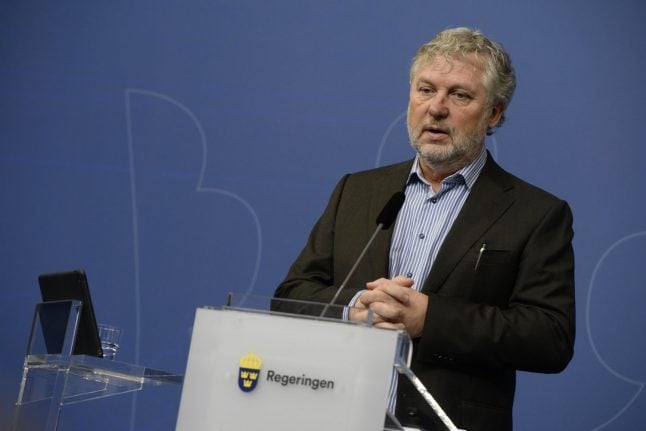On Thursday the Supreme Administrative Court announced that it will not grant TeliaSonera leave to appeal the decision made by PTS on bitstream access in Sweden. As a result TeliaSonero will be required to sell broadband service to its competitors at a knockdown price.
TeliaSonera’s competitors are jubilant. And Glocalnet’s CEO Martin Tivéus considers that broadband customers who pay “hundreds of millions of kronor too much per year” should join in the celebrations.
“This affects almost half of the population of Sweden, who pay about a hundred crowns too much per month,” said Tivéus.
It is almost two years since PTS first ordered TeliaSonera to sell bitstream to its competitors. In that time TeliaSonera has appealed the decision to various instances.
But the Supreme Administrative Court’s decision not to overturn the verdict reached by the County Court, which also supported the view held by PTS, means that TeliaSonera has now reached the end of the line.
Bitstream provides access to the same copper network that is used for fixed telephony and ADSL. Through the use of bitstream Telia’s competitors can avoid expensive investments in broadband infrastructure.
Until now the development of broadband has been hampered by the fact that many telestations are too small for investment in infrastructure to be worthwhile for broadband providers.
As TeliaSonera has held a monopoly on bitstream PTS will be charge with setting prices for wholesale customers in consultation with the parties involved.
PTS expects TeliaSonero to begin applying the new procedures immediately.
“We haven’t discussed it with Telia yet. But our view is that this should be made available without delay. We intend writing to Telia to detail how we view this,” said Joanna Ledunger, marketing manager at PTS.


 Please whitelist us to continue reading.
Please whitelist us to continue reading.